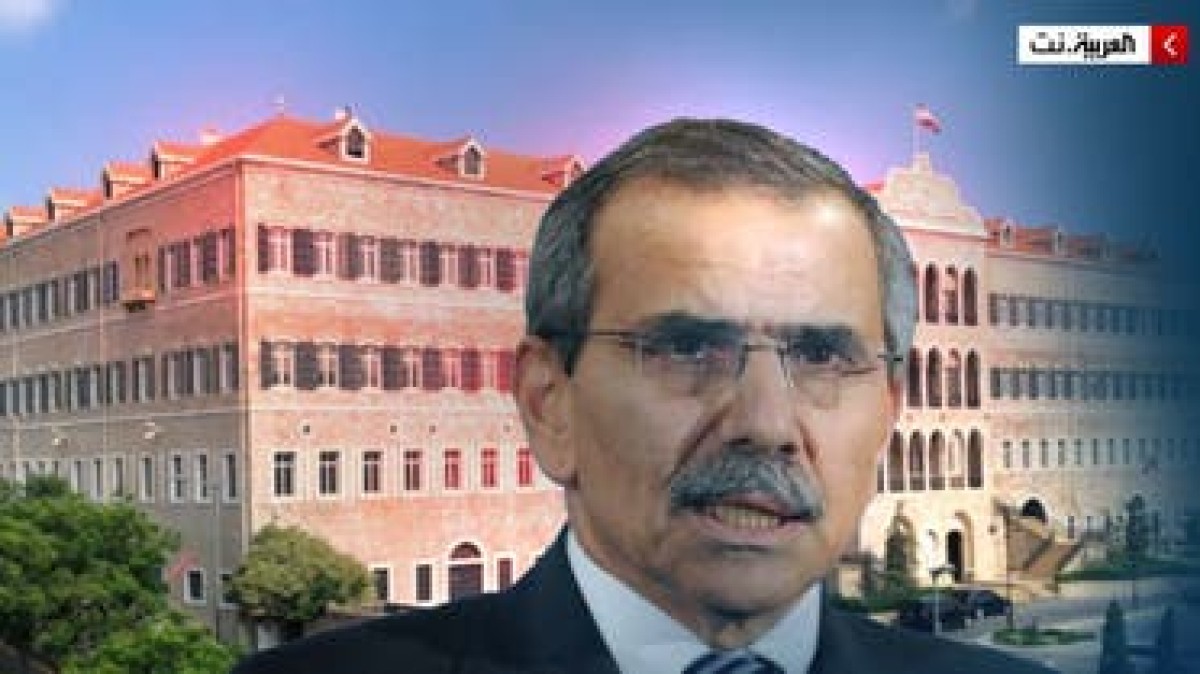85 representatives supported him.. Who is Nawaf Salam, Prime Minister of the new Lebanese government?


The Presidency of the Lebanese Republic announced, this evening, Monday, the nomination of the President of the International Court of Justice, Judge Nawaf Salam, to form the government after 85 deputies out of a total of 128 supported him in the parliamentary consultations.
The Director General of the Presidency, Antoine Choucair, said in a statement that President Joseph Aoun “summoned Judge Nawaf Salam to assign him to form the government, noting that he is currently outside the country and is scheduled to return” tomorrow, Tuesday.
Salam received the support of 85 deputies, while 9 others supported Najib Mikati, while 34 abstained from nominating any of the candidates, including the Hezbollah bloc, which numbered 15 deputies.
It is noteworthy that after several candidates announced their willingness to take over the position that belongs to the Sunni community in Lebanon, the competition was mainly confined to two candidates, namely Najib Mikati and Nawaf Salam.
The task of forming the government
According to the Constitution, the President of the Republic nominates the Prime Minister, based on the results of parliamentary consultations, and appoints the candidate who receives the largest number of votes.
However, assigning a new president to form a government does not mean that its birth is imminent. This task often took weeks or even months, due to political divisions and conditions and counterconditions in a country whose system is based on the principle of quotas.
Major challenges
The next government also awaits major challenges, most notably reconstruction after the recent war between Hezbollah and Israel, which destroyed parts of the south and east of the country and in the southern suburb of Beirut, and the implementation of the ceasefire agreement, which stipulates Israel’s withdrawal from the areas it entered in the south and includes adherence to a resolution. UN Security Council 1701, issued in 2006, stipulates that Hezbollah should move away from the borders, disarm all armed groups in Lebanon, and limit it to legitimate forces alone.
One of the challenges is also implementing urgent reforms to accelerate the economy after more than 5 years of unprecedented collapse.